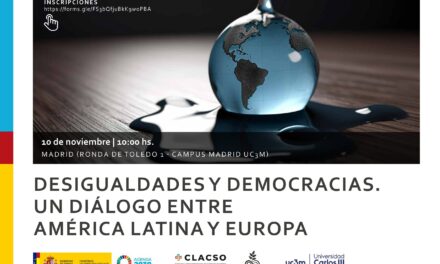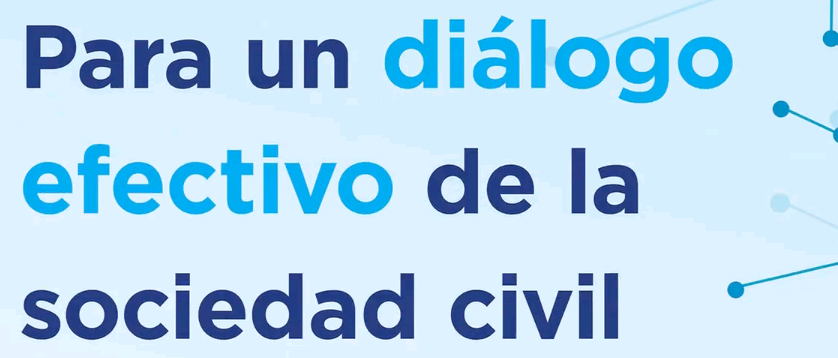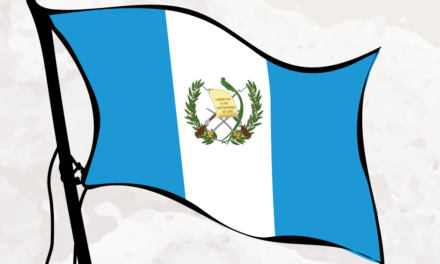The European Union (EU) has recognised its responsibility to promote the 2030 Agenda for Sustainable Development domestically, regionally and globally in a coherent way as well as addressing the domestic, regional and global impact of its actions on the economic, social and environmental dimensions of sustainable development.1 In this sense, the EU has made the first steps to align its policies and frameworks with the 2030 Agenda principles and values through the New EU Consensus for Development or the establishment of the Multi-Stakeholder Platform on SDGs. In addition, the EU has also recognised the linkages between the 2030 Agenda and the Sendai Framework for Disaster Risk Reduction, the Paris Agreement on Climate Change or the New Urban Agenda among other international frameworks.
In this context, the EU-CELAC working group welcomes the EU initiative to review its partnership with Latin America and Caribbean (LAC) countries and calls the EU to align this partnership with the two key pillars for sustainable development: people and planet. As stated in the 2030 Agenda, the EU should leave no one behind and should respect, protect and promote human rights and fundamental freedom for all, without distinction of any kind as to race, colour, sex, language, religion, political or other opinion, national or social origin, property, birth, disability or other status. This should be done in the respect of planetary boundaries, promoting green energy and protecting natural resources.
In order to do so, the EU finds a natural ally in Civil Society Organisations, which have been working in close collaboration with national and local stakeholders for a more sustainable and inclusive implementation of the 2030 Agenda. The full implementation of the 2030 Agenda can only be achieved through the mobilisation of resources, including ODA, in addition to the change of consumption and production models which will protect planet boundaries at the same time that will benefit those citizens facing more discrimination.
Read here the full document




